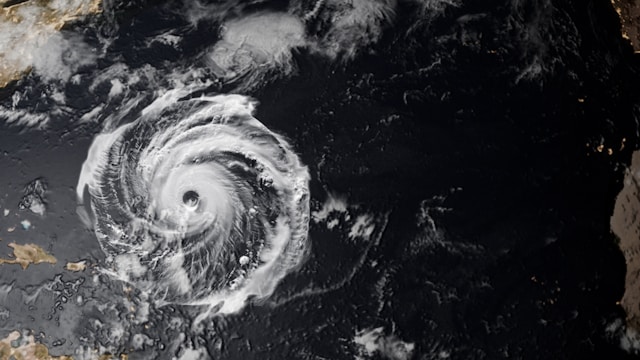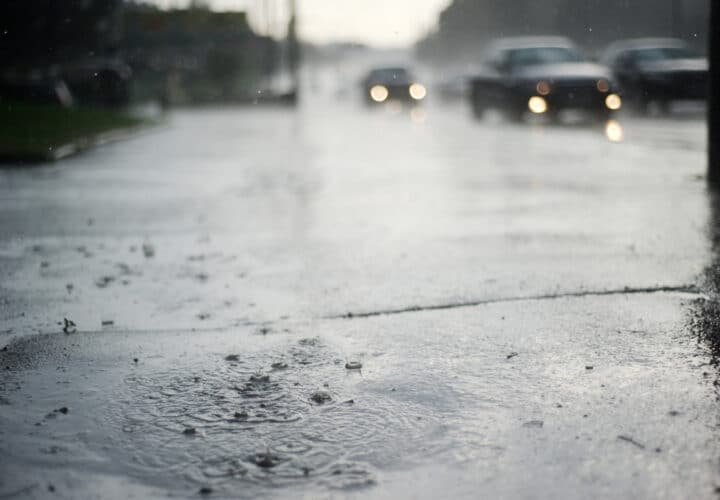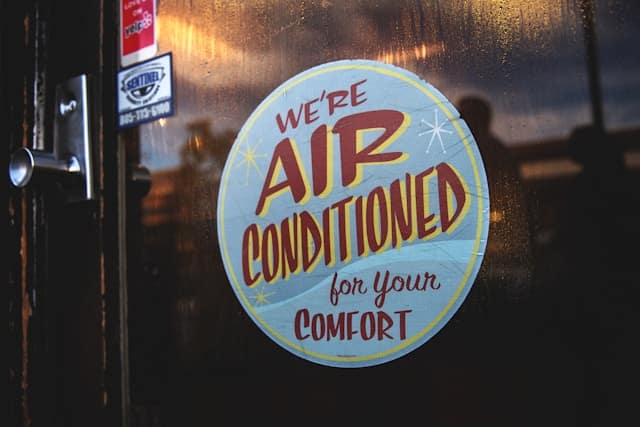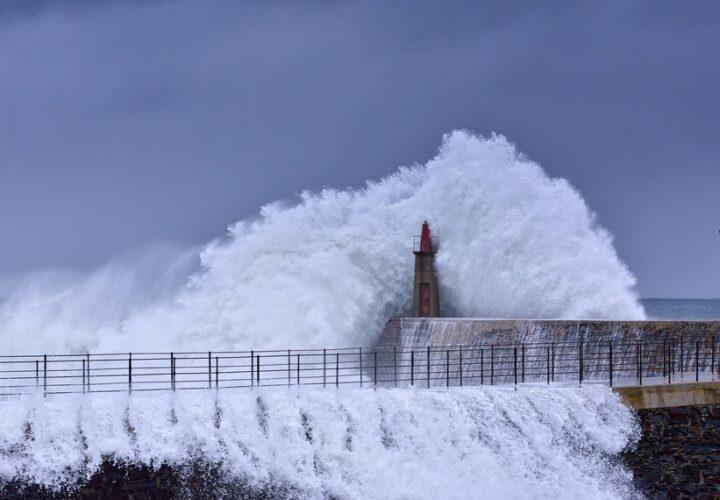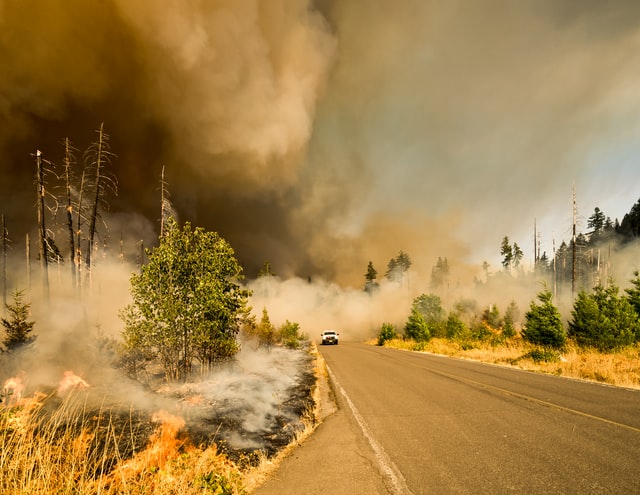How did caregivers weather Hurricane Helene? And what's the expert guidance for how to navigate a situation as stressful and dire as a natural disaster? In the midst of a destructive hurricane season, Teepa Snow shares advice.
In late September 2024, Hurricane Helene caused widespread damage and loss of power across the Southeastern United States, with western regions of North Carolina and Tennessee being the hardest hit. At least 231 people across six states are dead, making Helene one of the deadliest hurricanes to strike the U.S. mainland in the last half-century. With parts of Interstate 40 collapsing and entire towns like Chimney Rock, NC, destroyed, emergency response teams are still working on recovery. Days after Helene made landfall, Hurricane Milton hit Florida, bringing more destruction, with at least 24 deaths and as much as $34 billion in property damage. Hurricane season is active through the end of November, meaning there is still the potential for more storms and storm-related damage yet this year.
Hurricanes are not the only natural disaster that can cause major disruption to daily life and routines, and some disasters occur at any time, without warning. Whether reacting to a tornado warning, , seeking safety from a wildfire, or being left without heat or electricity during a major snowstorm, these types of situations are challenging for anyone — and particularly so for dementia caregivers and the people they care for.
In an Q&A with dementia care expert Teepa Snow, a caregiver in North Carolina asked: How can dementia caregivers provide stability and care when dealing with a disaster?
To answer this question, Snow called back on her personal experience working at a military facility for older adults on September 11, 2001. As news of the terrorist attack unfolded, Snow explained that the residents wanted to be able to continue to watch the news to get updates, yet the staff still needed to provide care, so they needed a strategy for the patients to stay informed and the staff to maintain a calm environment.
Snow outlined how she approached the situation and how the experience could apply to dementia caregivers navigating natural disasters with three strategies.
1. Rotate providing care — and stay calm
In any disaster, a caregiver has the tough job of staying informed — and keeping the person they’re caring for engaged and calm.
“What we would do is we’d rotate people,” Snow told attendees of the LiveTalk Q&A. “You do need respite so you, the carer, can go find out what’s going on, and you can deal with what you need to.” Then, when returning from that interval, the caregiver needs to try, difficult as it may be, to let go of any stress or anxiety and be mindful of body language.
“You want to pause at the door before you get in there, do your deep breaths, recenter yourself, and come up with three things you can think of that you could talk about or do that have nothing to do with this,” Snow advised. Projecting stability and calm is essential, she said — even if the mind is focused on thoughts about the ongoing emergency.
2. Plan your “props” and cues
In the event of a loss of power or internet access due to weather or another event, having prepared activities or conversation topics to engage the person living with dementia will be important resources. Snow suggests using a prop–which can be visual, auditory, or something from the person’shistory– as an activity to keep them engaged and calm..
If planning ahead wasn’t an option, inventory what resources are on hand–music, magazines, or even strips of paper or fabric to use for an activity. One key question Snow advised focusing on is, “What can we do that’s going to occupy a lot of brain space, eye space, ear space, and hand space?”
3. Focus on engagement for you and your loved one
Once you have that activity, focus on keeping that level of engagement. Cut those paper strips together, work through that coloring book, and continue speaking with them while playing a poker game.
Focused engagement will help keep both the caregiver and the person living with dementia in the right headspace Snow described the challenge of having to “figure out how to engage somebody and myself when at the same time I’m also in the back of my head trying to figure out, ‘OK, how are we gonna make it through the night if we run out of gas for the generator? Who can I call?’”
By rotating care and respite and keeping engaging activities on hand, there will be time to watch the news and navigate next steps without disrupting that calm, engaging environment.
8 Good Activities for People Living With Alzheimer’s and Dementia
For more caregiving advice from this conversation, watch the full live talk.
Katy Koop is a writer and theater artist based in Raleigh, NC.
